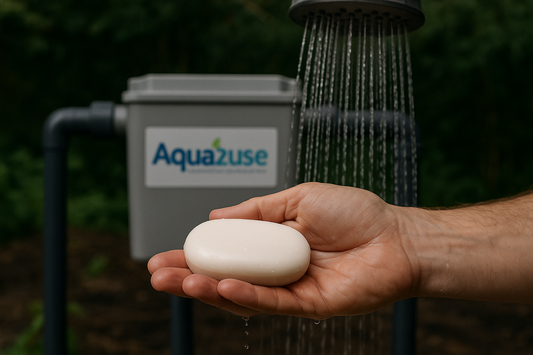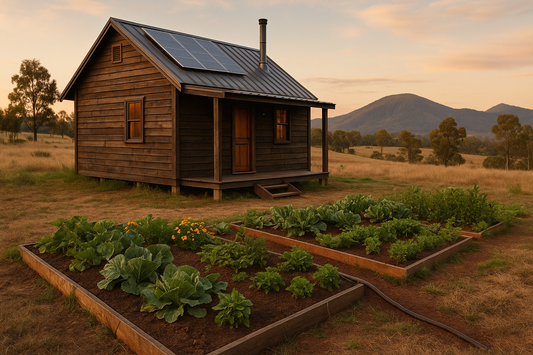As Seen In
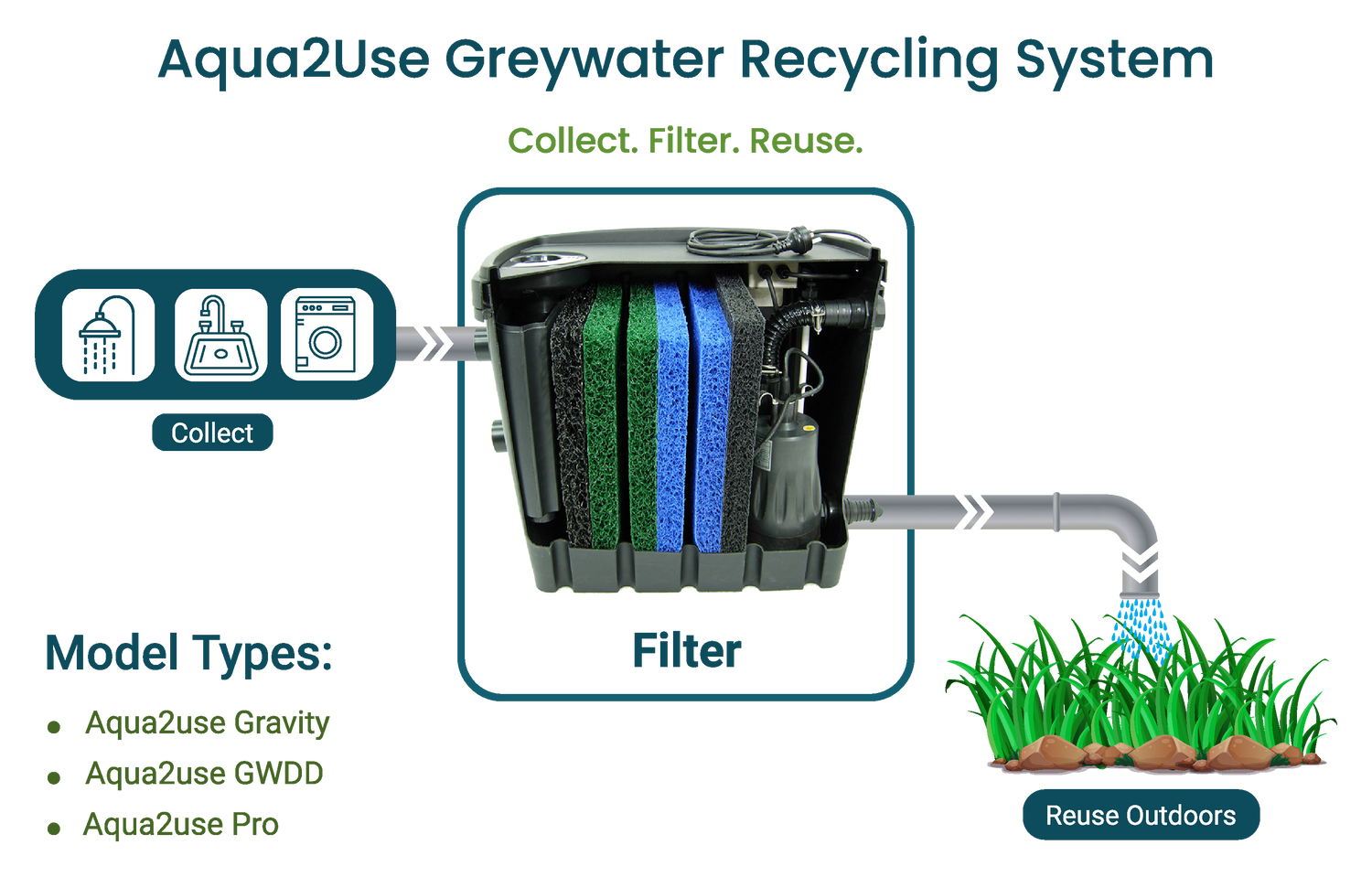
Aqua2Use Greywater Systems
The Aqua2use Greywater Systems are ideal for recycling water from your washing machine, shower, and bathroom sinks. The progressive filtration system safely removes impurities from the greywater for outdoor irrigation.
Trusted by Homeowners Across the Country
Start Saving Water with the Aqua2use SystemHow it Works

The Greywater Way
40,000+
gallons saved annually per system
5,000+
systems sold since 2010
Join satisfied customers everywhere and become part of the rapidly growing Aqua2use family. We are revolutionizing the residential home use of greywater for irrigation, making systems that everyone can own that are low maintenance, compact, automatic and most of all affordable. The Aqua2use Greywater System is the most efficient and advanced greywater diversion device available on the market. It works with your existing plumbing and connects easily to your drip irrigation system.
Save Water with the Aqua2use Greywater System
The Aqua2use Greywater System can recycle water coming from the washing machine, shower, bath, or bathroom sink. You don’t have to connect all the fixtures in your home to the Aqua2use to start saving water. By only connecting your washer, you can recycle 25 gallons of water with each load. Each time you take a shower or do a load of laundry, you reuse water for irrigation. With the Aqua2use Greywater System, an average family of four can save up to 40,000 gallons of water a year.
After using your washing machine, shower, or bathroom sink, the water travels from your water pipes into the Greywater System through an inlet on the side of the unit, then the water moves through several layers of filtration. When the tank is full of greywater, the pump is activated which diverts the water through an outlet, and finally, leads the water to your outdoor irrigation system. You can safely use standard 1/4 inch drip tubing to disperse the greywater into your landscape or garden. At the heart of the Greywater System are the progressive Matala filters. The Aqua2use contains six layers of Matala filtration to intercept all lint, hair, and impurities. Maintenance of the Aqua2use Greywater System is simple, every four to six months, depending on how much greywater you use, you will simply need to hose down the filters and replace them in the unit.
Inside of the Aqua2use Greywater System, there is a built in 3-way diverter valve which allows you to send greywater to the Aqua2use unit or divert the water back to the sewer. The outlet which drains greywater back to the sewer is also connected to the overflow basket in the Aqua2use Greywater System. If too much water is coming to the unit, then the greywater will automatically flow back to the sewer. The pump will only run when the tank is full, or when activated by a controller after 24 hours if the tank is not completely full. If you do not want to use the pump, the Aqua2use can also be used as a Gravity System.
Benefits of Greywater Systems

Drought-Prone Households
In areas where water is scarce, Aqua2use saves up to 40,000 gallons a year by recycling greywater for landscape irrigation. Lower your water bill and keep your garden green—even during restrictions.
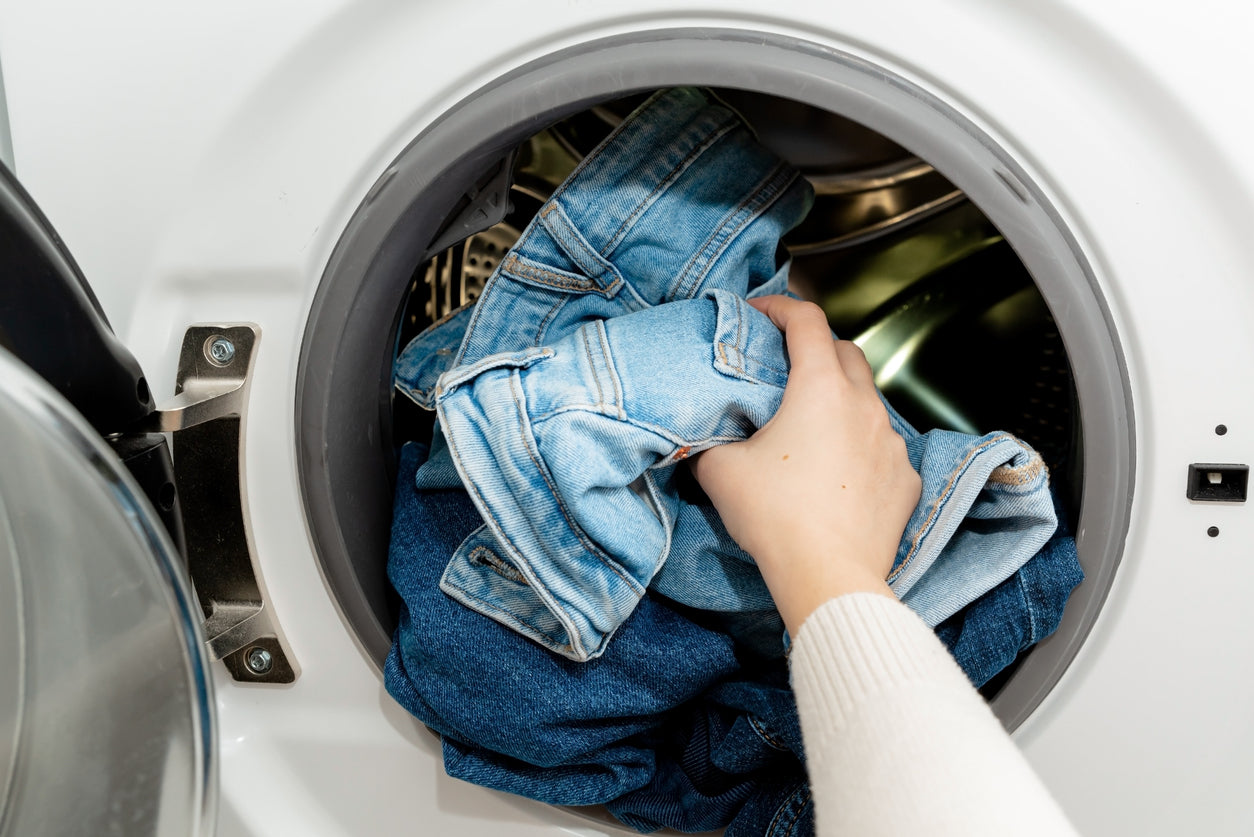
Laundry-to-Landscape
Start reusing your laundry water to revive your garden. Save money and reduce your environmental impact with the easy-to-install Aqua2use GWDD.
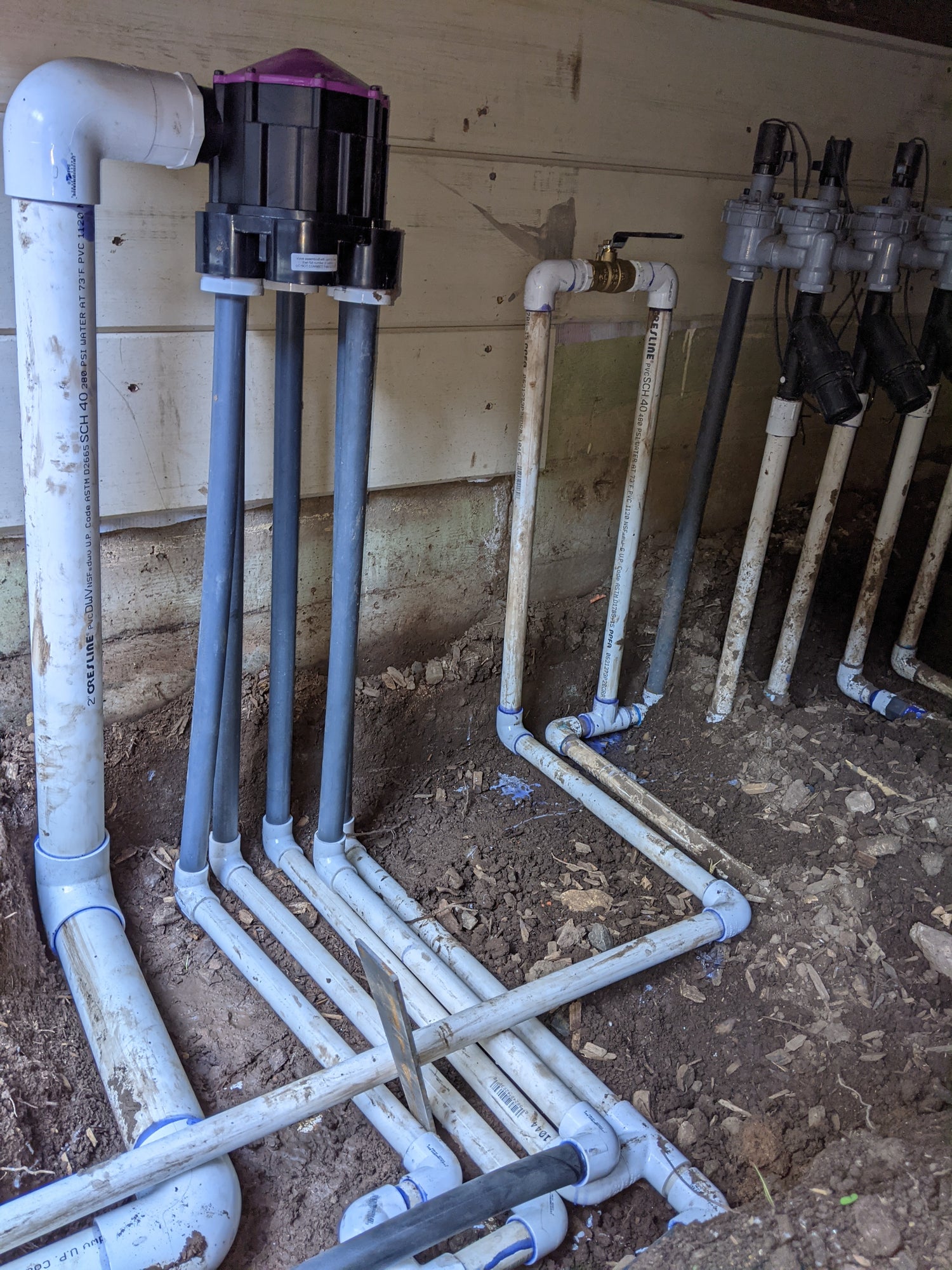
Homes with Septic Systems
Take pressure off your septic tank. Diverting greywater extends system life, cuts maintenance, and avoids expensive repairs.
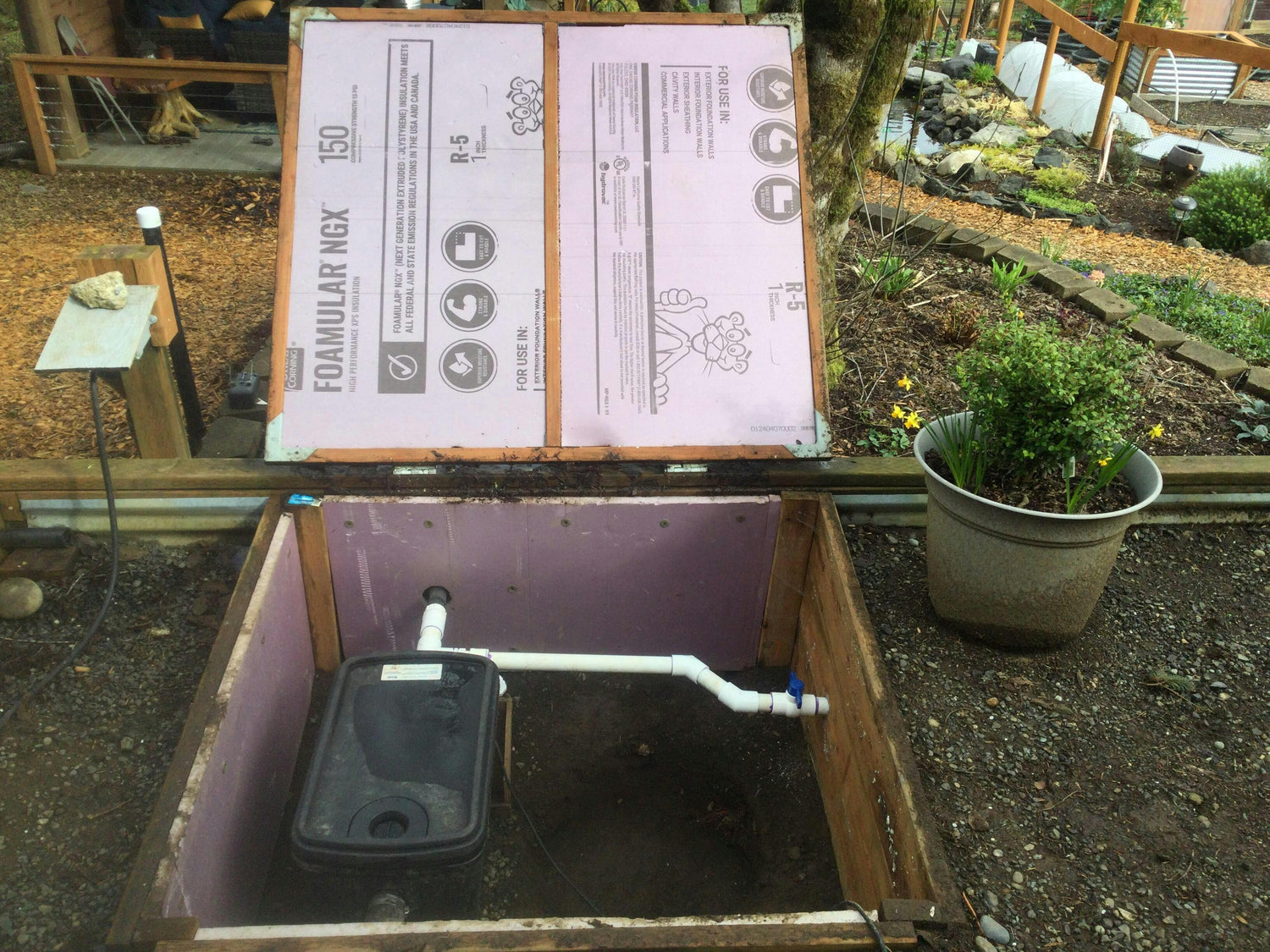
Tiny Homes & Off-Grid Living
Compact, efficient, and county-compliant—Aqua2use is ideal for tiny homes and remote cabins. It fits into tight spaces and helps you reuse every drop.
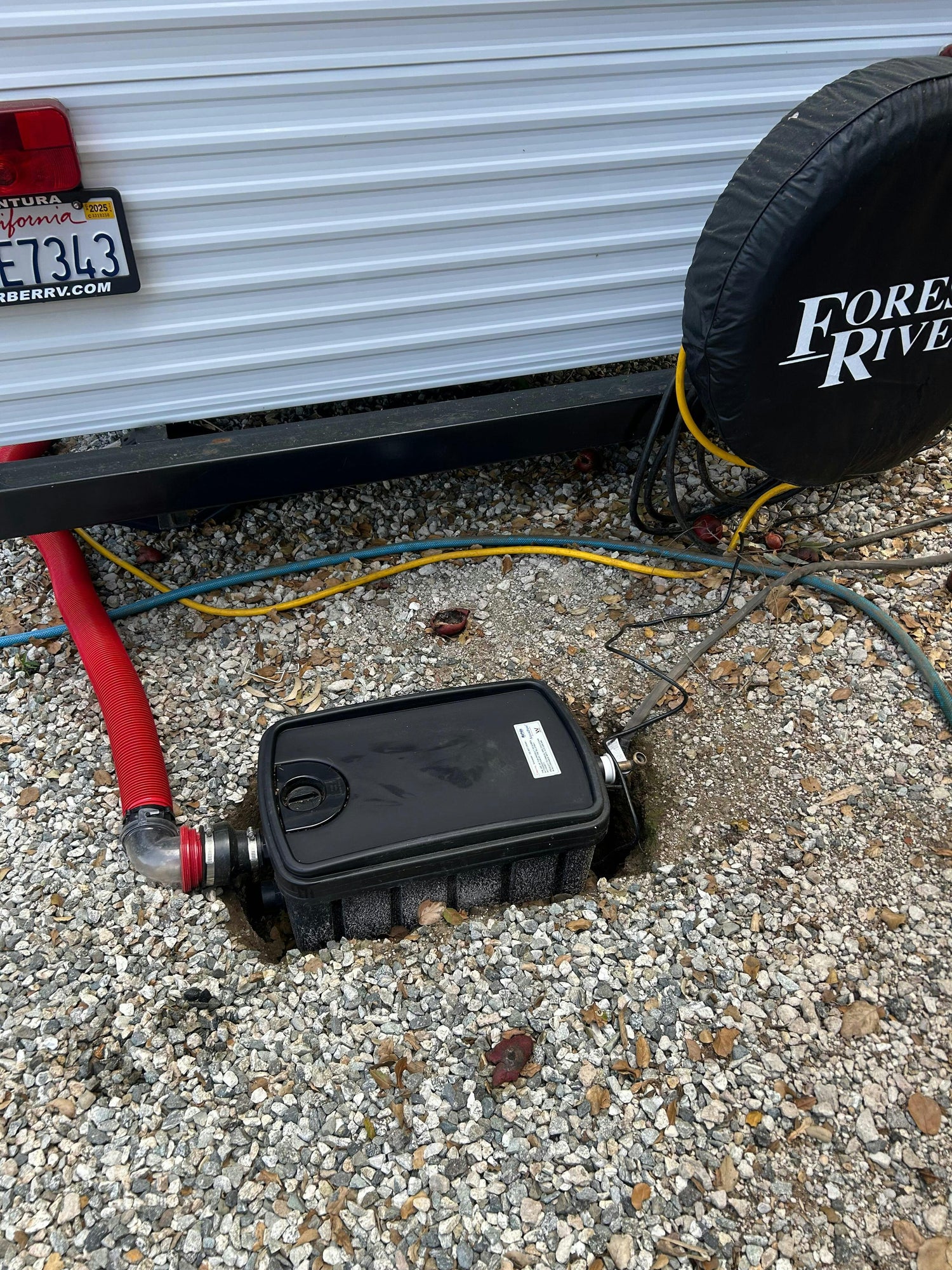
RV Travelers
Tired of soggy campsites or drainage issues? Aqua2use connects directly to your greywater outlet and distributes filtered water to surrounding plants—no smell, no mess, just smart reuse.
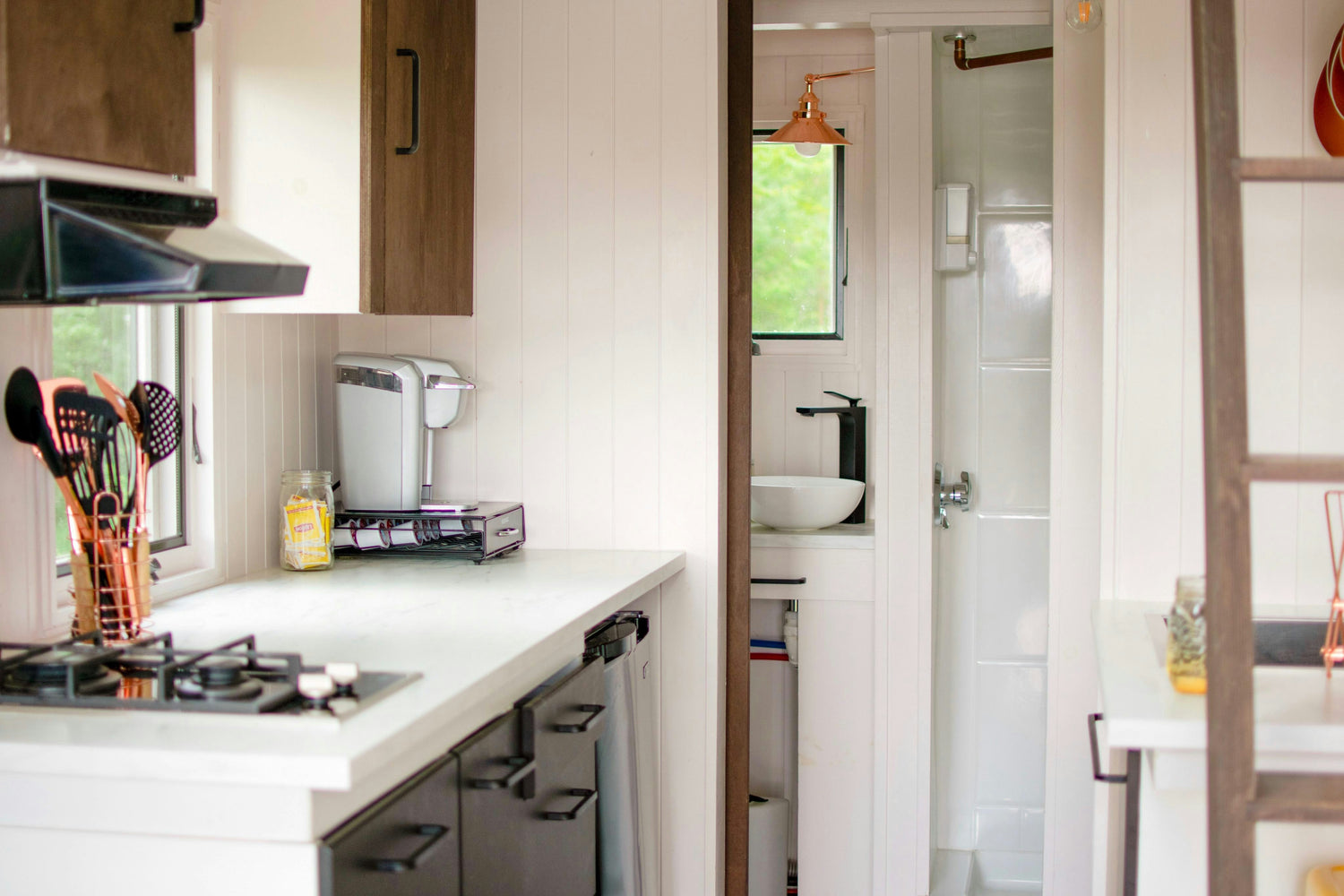
Builders & Developers
Aqua2use helps properties stand out in water-restricted markets. Plug-and-play installation, proven reliability, and low upkeep make it a smart upgrade.

DIY Greywater Systems
Installers Love Us
WaterWise Group stands at the forefront of eco-friendly innovation, offering premier greywater treatment systems that empower DIY enthusiasts to implement sustainable greywater solutions with ease. Our expertly designed grey water systems simplify the process, enabling homeowners to easily recycle greywater for outdoor irrigation and indoor use. Not only do these systems contribute to significant cost savings and reduced environmental impact, but they also feature user-friendly installation, making them the perfect choice for those passionate about green living. Take the environmentally friendly step toward sustainability with WaterWise Group grey water systems, where eco-conscious innovation meets DIY simplicity.
Water Wise Group, Inc. Receives Top-10 Green Products Award
-
Water Wise Group, Inc. is extremely proud to be recognized by BuildingGreen for the Top-10 Green Building Products award for our Greywater Systems. We are a small-town company working to achieve great things, including expanding our business to serve areas across the US, and educating people about the long list of benefits of installing a Greywater System in both residential and commercial properties.
BuildingGreen is a company which offers resources and consulting services to building-industry professionals. Their goal is to improve the environmental performance of construction projects, and bringing the built environment into harmony with the natural environment. They have awarded the Water Wise Group’s Greywater Systems as some of the Top-10 Green Building Products for 2012. View more information about the Top-10 Green Building award here.
-

Aqua2use Greywater System from Water Wise Group collects water from the shower, laundry, lavatory sinks, and bath and channels it through a four-stage filtration system into a 21-gallon polyethylene tank to create water suitable for outdoor irrigation. The system’s control box automatically triggers the pump when the tank is filled to distribute the water to irrigation lines; it can also be configured in some situations to rely exclusively on gravity flow instead of a pump.
— BuildingGreen, Top-10 Green Products Award




